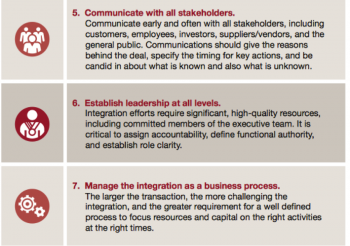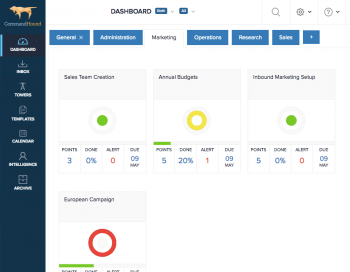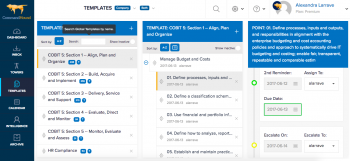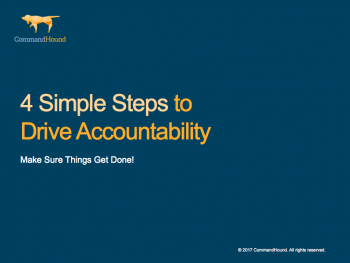When Amazon acquired Whole Foods for 13.7 billion dollars it was a big deal on Wall Street (it is Amazon’s biggest acquisition so far and the largest ever merger/acquisition of a US grocery store chain.) And it’s a big deal on Main Street — with the potential to change the way American’s buy food in a fundamental way.
Insights: Accountability
It has become the norm for businesses to incorporate a virtual workforce into their operations.
Whether a company has geographically dispersed offices, hires employees or freelancers in different cities or countries, or just offers local employees the flexibility to work from home, more and more of us are having to manage remote teams.
Results of a Gallup survey published earlier this year showed that 43 percent of employed Americans spent at least some time working remotely in 2016.
An audit manager is very much like the captain of a large ship. The captain can’t complete a successful voyage alone; no matter how skillful he is or how much time she has spent on the water.
The captain can chart the course, but each member of the crew must carry out his or her duties and tasks as planned and in a timely manner for the ship to reach its destination safely and on time. One mistake or omission could end in disaster.
Have you tried to implement a comprehensive information security framework like ISO 27001 or COBIT but nobody is doing what they are supposed to do? A lack of accountability in the workplace is often the main reason.
Why is case and docket management so difficult for lawyers? Isn’t that what they teach in law school?
Do you think your business has a strong culture of accountability? Do people feel proud to work there and committed to getting things done? Do you think employees clearly know what is expected of them and how their performance will be rewarded?
Many clients have recently asked us for our top recommendations for project management software and tools. Our experience with these tools is mostly derived from helping our clients incorporate them into their processes while we add the accountability layer that is often missing in these tools to make sure things get done.
Why do some employees seem always to get things done on time and as expected, while others struggle? Is it in their DNA? Is it an organizational culture that condones missed deadlines so that some people do not feel the pressure to perform as well? Are incentives, like bonuses, or penalties, like losing a job, accomplishing their objectives?
When a company is charged with financial statement fraud, the first question asked is “Where were the auditors?”
But auditors can only insure accurate financial reports in a robust business environment where every stakeholder has bought into the importance of internal control procedures and their documentation.
Creating an internal control integrated framework over subjective and complex accounting areas such as revenue recognition, loan impairment and valuation is especially challenging, and insufficient internal control procedures can leave an organization dangerously open to fraudulent financial reporting.
Have you come to terms with the fact that accountability is the missing element to drive your team to excellence?







